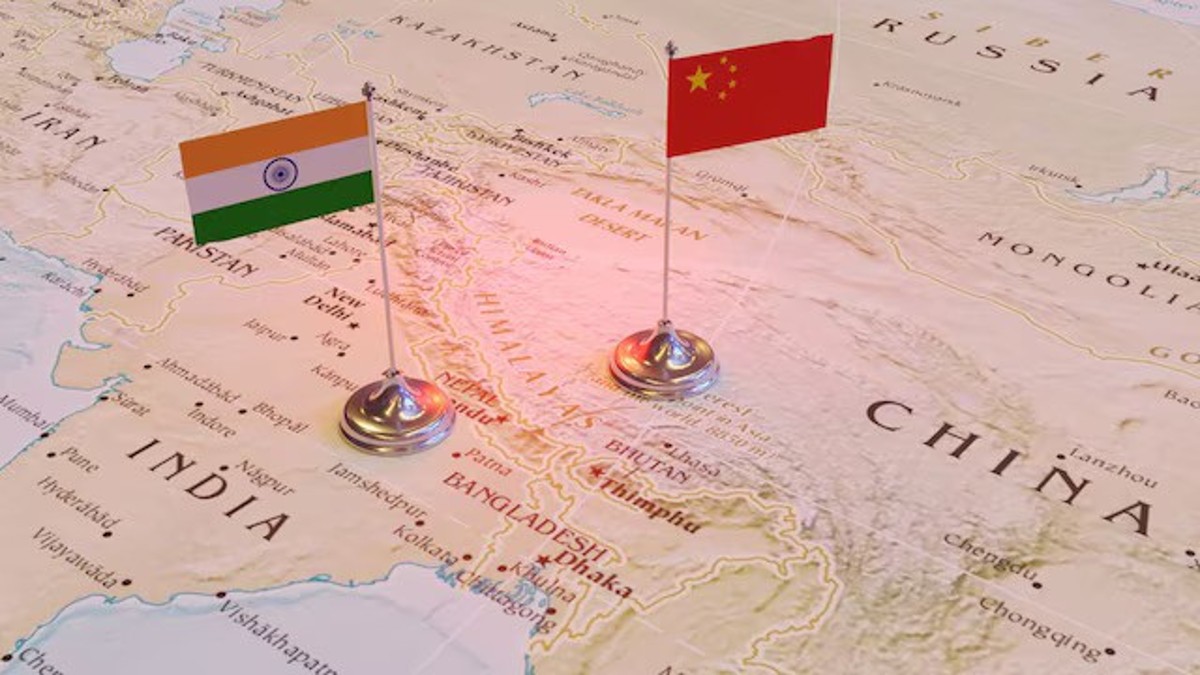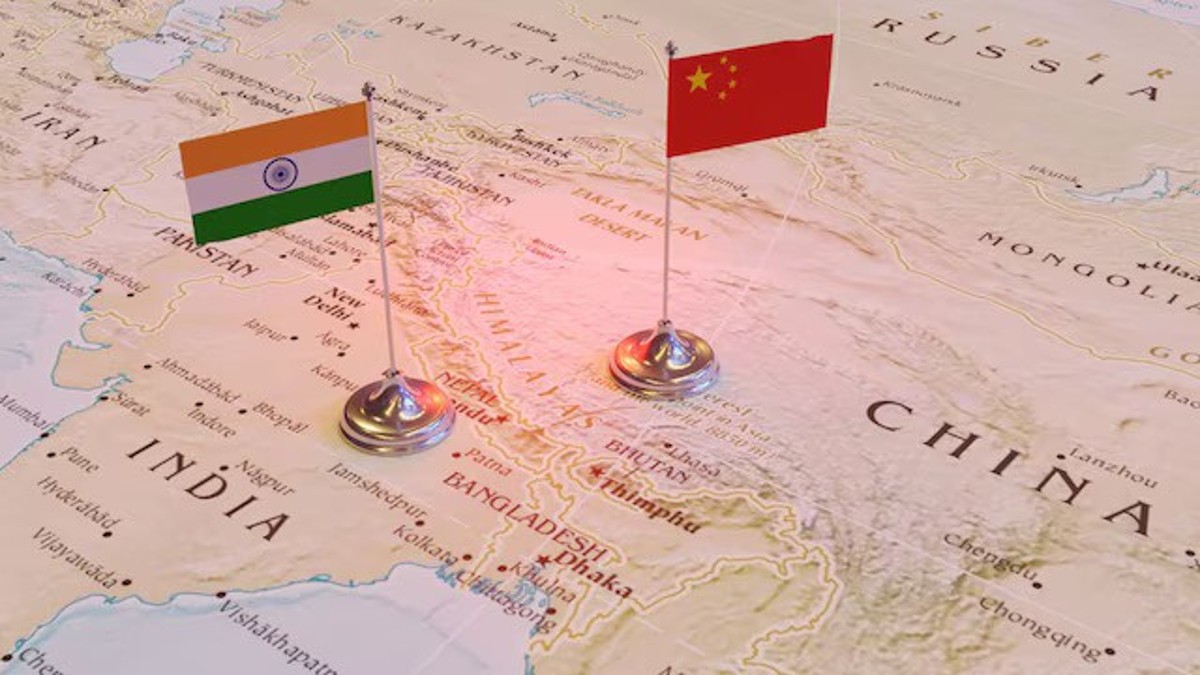Russia is banking on rail freight to mitigate the effect of Western sanctions on its economy. Moscow is investing billions to expand its trade ties with India and the countries of the Persian Gulf.
For this, Russia and Iran signed a deal last year to build an Iranian railway line as part of the International North–South Transport Corridor (INSTC). The rail link will connect two Iranian cities, Astara and Rasht, joining Iran and Azerbaijan to the north and then to the Russian railway grid, as per The New York Times (NYT).
Let’s take a closer look.
Russia places bet on Rasht-Astara railway
For years, Europe was Russia’s single largest market for trade. However, Western sanctions following Moscow’s invasion of Ukraine have ended that.
Since then, Russia has set its sights on Asia to boost its trade, including China, India and Iran.
With this goal, Russia is aiding Iran to build a 164km Rasht-Astara railway that costs $1.7 billion (about Rs 14,000 crore) along the Caspian Sea coast that would help link Russian ports on the Baltic Sea with Iranian ports in the Indian Ocean and the Gulf, as per Reuters.
“The unique North-South transport artery, of which the Rasht-Astara railway will become a part, will help to significantly diversify global traffic flows,” Russian president Vladimir Putin had said last May.
Russia has decided to loan $1.4 billion (about Rs 11,000 crore) to Iran to finance the ambitious project, NYT reported.
As per The Hindu, the Rasht-Astara railway line would connect with Azerbaijan’s railways, creating a direct corridor from St. Petersburg to Iran’s busiest port – Bandar Abbas.
The construction is expected to begin this year but the rail line will become operational only in 2027.
Hit by sanctions, Russia is seeking ways to pivot away from the West.
“Developing relations with the Global South is basically one of Russia’s biggest priorities,” David Szakonyi, a political-science professor at George Washington University, told Business Insider.
According to Szakonyi, the new trade links would help Russia sell its oil and gas to alternative markets, as well as import goods that it cannot manufacture.
“To have this economy not collapse, the Russian government needs to continue to cultivate strong ties with just about any country that is not sanctioned yet,” he said. “So I think we’re going to see a lot more of that type of economic diplomacy in the next couple of years.”
Why it matters to India
The INSTC project dates back to 2002 when India, Russia and Iran inked preliminary deals to develop the 7,200-km-long multi-mode transport corridor. Eventually, the project was ratified by 10 other countries including Azerbaijan, Belarus, Bulgaria, Armenia, Kazakhstan, Kyrgyzstan, Oman, Tajikistan, Turkey and Ukraine, reported The Hindu.
The aim was to connect Russia’s Baltic Sea coast to India’s western ports in the Arabian Sea through Iran.
However, over the years, the project saw little progress, mostly due to Western sanctions on Iran over its nuclear programme and conflicts in the Caucasus.
It was only in 2022 that Russian freight bound for India was sent by train using the INSTC, after travelling 3,800 km through Kazakhstan and Turkmenistan from where it reached the South Asian country via sea.
Last May, Russia and Iran signed a deal to build the Rasht-Astara railway, an important link in the eastern network of the INSTC.
This railway link will ease access for Russia to places like Mumbai, as per the NYT report. Putin said last year that the INSTC would provide Russia with new trade routes to India, Iran, Pakistan and Gulf countries.
According to the Russian president, the new corridor will slash the time to haul cargo from St. Petersburg to Mumbai to only 10 days, from the current 30 to 45 days.
A report by the Federation of Freight Forwarders’ Associations in India found that the new corridor is 30 per cent cheaper and 40 per cent shorter than the one through the Suez Canal used to transport goods from Russia or Europe to India, reported The Hindu.
India has proposed connecting Chabahar port which it is developing with Iran with the INSTC. The project is important for New Delhi as it is reliant on imports for about 80 per cent of its energy needs.
As per The Hindu, this corridor would enhance India’s energy security and can boost the country’s trade with Central Asia.
Once the Rasht-Astara railway line is complete in the coming years, Russia will have easy access for trade from Iranian facilities on the Persian Gulf to India, Saudi Arabia, the United Arab Emirates (UAE), Pakistan and much beyond, reported NYT.
With inputs from agencies


)
)
)
)
)
)
)
)
)



